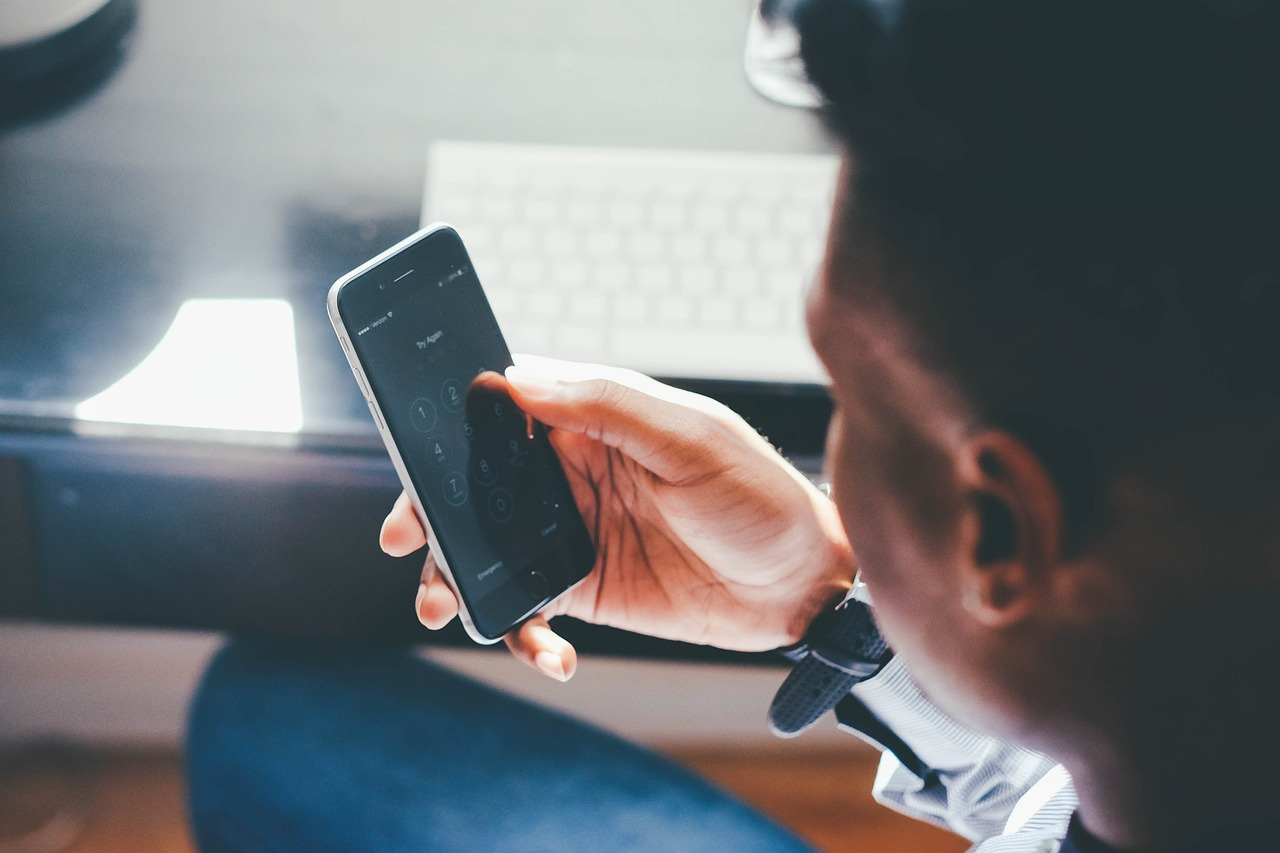Just a quick check when the next subway is coming, afterward just reconfirming the meeting and then arranging a dinner with a friend. There is no question that the smartphone is valuable, and it is impossible to imagine our everyday life without it. After all, 96% of Americans own such a device, globally there are even 5,3 billion people.
But as always, when there is light there is also shadow. Using the phone is often an ongoing battle between ‘turning it off’ versus ‘I’m afraid of missing out something’. And anyone with children knows what a challenge a smartphone can be for family peace.
But how does a sensible use of the Internet & Co. look like without the smartphone becoming an addiction? And, what are the consequences of constant digital media consumption?
How Smartphones Eliminate Boredom
Whereas we used to read a book or newspaper while waiting for the bus, today we entertain ourselves with our smartphones. It is, of course, a relief to answer emails, make an overdue call, or research information while waiting for an onward flight.
However, we often have several tasks at the same time. So, we jump back and forth between different articles, follow links, and quickly watch a short video. Consequently, due to this rapid change of attention, in the end, we no longer remember what we have read since the absorbed information is not stored in our memories. Time flies, but we consume information like fast food.
We use every opportunity to look at our phones, doing it 50 times a day, resulting in a total of 3 hours of phone use. We don’t just sit there doing nothing. But this is essential for our well-being and reduces stress.
Why Downtime Is Important
When we do anything, we can contemplate and sort our thoughts. Such breaks are crucial for gaining new insights. Anyone who engages in self-reflection can check “How do I feel right now?” or “How did the conversation go earlier?” However, the constant external input prevents us from introspection. The smartphone keeps us from noticing how we are doing.
How The Smartphone Steals Our Time
Of course, the smartphone supports us in many ways. But sometimes, it robs time because we often get bogged down in details. We ‘simply’ check our social media profiles or answer a few e-mails on the way. When we get home, there are another five new messages, which we quickly read before dinner. We don’t notice how time flies and how much permanent online presence drains us. We capture ourselves and end up in a cycle without escape. In the worst case, we end up in a smartphone addiction.
At the same time, we long for slowdown and mindfulness. We hustle a couple of things to have time for ourselves. But it is challenging or even impossible to switch from the hectic mode and intense information consumption to rest and leisure.
But how can you overcome this stress trap?
Three Tips For A Healthy Smartphone Use
1.
So that the smartphone doesn’t become a time thief, an addiction, or we get stressed, it’s vital to integrate mindful moments into everyday life. A simple way is to take short breaks without doing anything. For example, we entirely discover the beautiful landscape, listen to our favorite music or reflect on the day. To be honest, when was the last time you just daydreamed?
2.
It is also beneficial to mute the phone and disable notifications of new posts or incoming mail while working. It promotes concentration, which means you avoid distraction and multitasking. Do you want to know more about the effects of multitasking? Here’s the link.
3.
Additionally, it is valuable to establish clear guidelines for smartphone use. For example, you may commit to reading just one article or turn off the phone on the weekend. When you’re out with the family, a device stays at home and in your pocket while you eat.
By limiting smartphone use, we can be more conscious of time. We enjoy the things around us and gain time to think about ourselves, thus strengthening our physical and mental well-being.
Do you have any other recommendations on how to deal with digital media? Please share them with us.
Speaking of which, do you actually know how much time you spend on your cell phone? If not, check it out. On an Android device, see Settings ➙ Digital Wellbeing.
Take Away
- The smartphone and digital media in general facilitate everyday lives.
- Nevertheless, there is a risk that we will get stressed while being constantly online.
- Plus, staying in the moment and having time for rest and self-reflection is at stake.
- To prevent the excessive usage of mobile devices or smartphone addiction, it is essential to establish guidelines for the prudent and responsible use of digital media.






